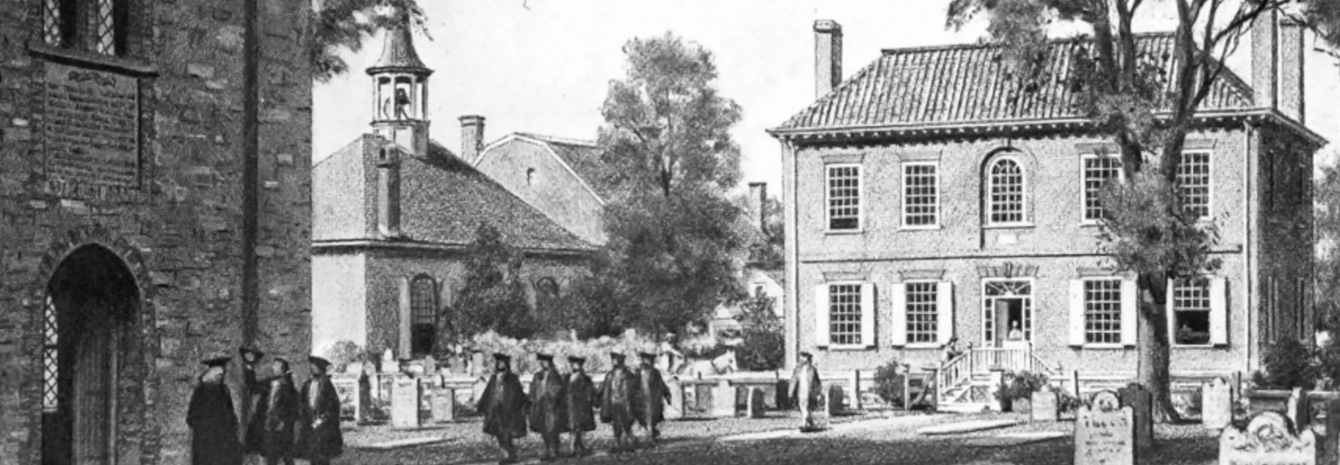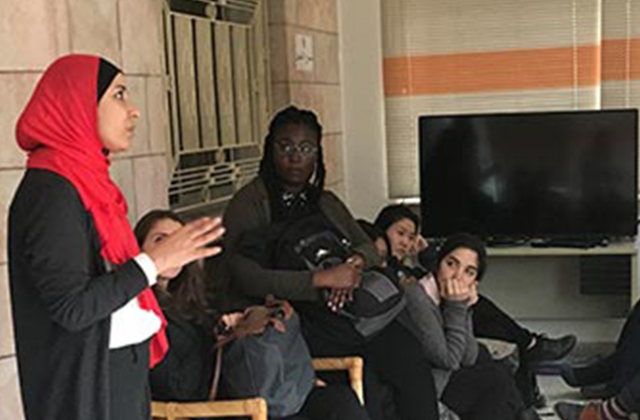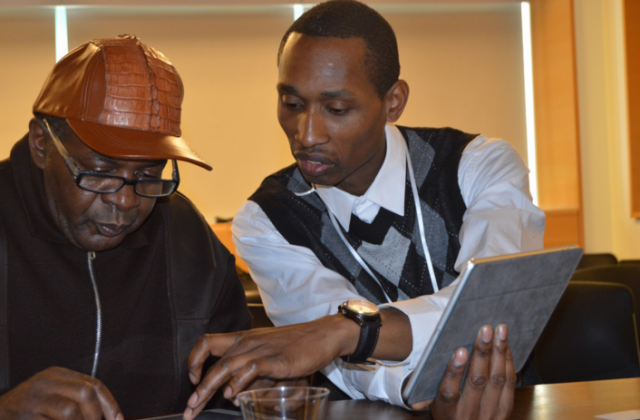Can understanding Columbia’s ties to slavery spur justice today?

Slavery’s historical links to Columbia are dug up in Columbia University & Slavery, a website faculty, students, and staff launched in 2016. Their research shows how the institution of human bondage, as well as the abolitionists it rallied in opposition, crept like ivy into Columbia’s history from the founding of King’s College in 1754 to the end of the Civil War. Weathered, colonial-era newspaper ads selling slaves illustrate Columbia’s near-forgotten complicities, and how this past motivates Columba’s address of injustices today.
The project came about after a spring 2015 undergraduate research seminar taught by Pulitzer Prize-winning historian Eric Foner about slavery in Columbia’s early history. First-person slave accounts are rare, most documents referring to slaves as numbers or not at all, as the project still stitches together this neglected part of the University’s history.
The prevalence of household slavery in the lives of administrators, faculty, and students of King’s College and early Columbia College surprised even Foner, as he learned alongside his students. Between 1754 and the end of the Civil War, at least half of the ten male Columbia presidents owned slaves at least once, and most students came from families with slaves in their homes. Students presented their research to President Bollinger at the end of the semester, and Foner launched Columbia University & Slavery in fall of 2016.
“We hope that this website, very much a work in progress, will contribute to public understanding of the key role slavery has played in our nation’s history and offer an example to other institutions of higher learning as they pursue their own investigations,” said Foner. Learn more.
Make Your Commitment Today





